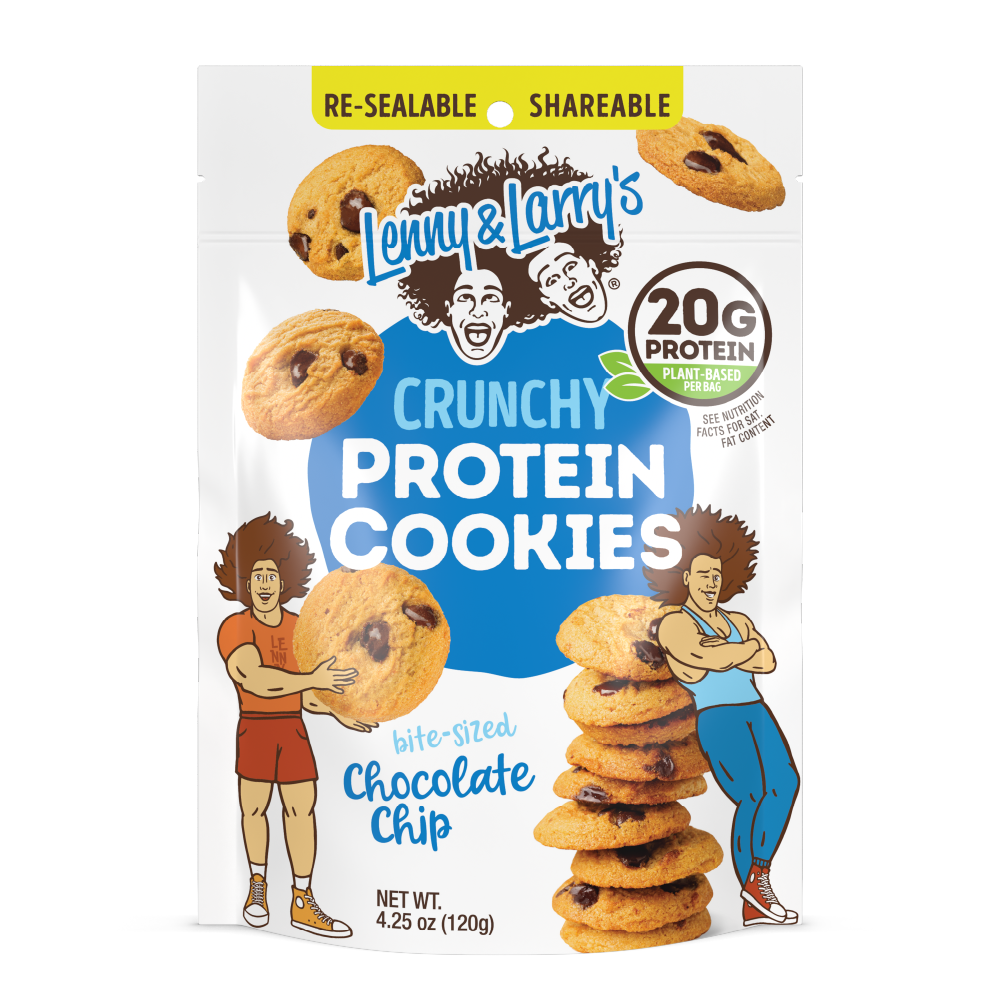As more individuals continue to prioritize health and wellness, we're witnessing a significant shift in societal norms around alcohol consumption. One such emergent trend is the "sober-curious" movement, a term that has been gaining momentum in recent years. At its core, it represents the desire to question and reassess one's relationship with alcohol, either by reducing consumption or eliminating it altogether. This curiosity is fueled by an increasing awareness of the potential negative impacts of alcohol on physical, mental, and emotional health, and a desire for more mindful living. This article will delve deeper into the rise of sober-curious lifestyles, the role of non-alcoholic beverages in this shift, and the multifaceted health benefits of taking a step back from alcohol. Whether you're already sober-curious or just interested in learning more about this intriguing movement, read on to discover how sobriety is becoming a trend that could redefine the parameters of healthy living.
A Closer Look at Life Without Alcohol

This lifestyle is all about individuals making conscious choices regarding their consumption of alcohol. This can range from those considering a complete break to those simply wishing to reduce the frequency and quantity. Fostering this curiosity can lead to more mindful and informed decisions about alcohol’s place in one's life.
Different motivations drive people to explore sober-curious lifestyles. For some, it may be sparked by concerns about physical health. Regular consumption of alcohol has been linked to a variety of health conditions, from liver disease to certain cancers. Others may be driven by the desire for improved mental clarity and emotional balance, as alcohol is known to affect both mood and cognitive function. There are also those motivated by a desire for greater control and self-awareness, or simply to break away from societal norms and pressures.
Recent years have witnessed a significant uptick in the number of people embracing a non-alcohol lifestyle. A report by Nielsen in 2021 revealed that sales of non-alcoholic beverages had grown by a staggering 33.5% in the US, signaling a rising demand for alcohol-free alternatives.
It's crucial to note, however, that the sober-curious movement is not about demonizing alcohol or those who choose to drink it. Instead, it's about promoting personal health choices for the role alcohol plays. It challenges the cultural narrative that associates alcohol with celebration, relaxation, or social connection and encourages individuals to seek these experiences outside of alcohol consumption. The rising trend of sober curiosity is reflective of a broader societal shift towards more mindful, health-conscious living.
The Role of Non-Alcoholic Beverages
Non-alcoholic beverages have played a significant part in the sober-curious movement's momentum. In recent years, there has been an undeniable surge in the demand and availability of these drinks. This is partly due to the rise of the sober-curious movement, as more people seek out alternatives to alcohol. Non-alcoholic beverages offer a way for individuals to still partake in social rituals associated with drinking without consuming alcohol.
The range and quality of non-alcoholic drinks on the market today is more varied and sophisticated than ever before. This shift has transformed what was once a limited and often unappealing selection into a burgeoning market brimming with enticing alternatives.

For those who enjoy the complexity of a well-crafted cocktail, non-alcoholic versions of classic mixtures such as the margarita, Moscow mule, and the old-fashion are growing in popularity. These drinks use ingredients like fruit juices, herbs, spices, and non-alcoholic spirits to mimic the depth and complexity of their alcoholic counterparts.
In the world of non-alcoholic beers, innovation has led to brews that retain the taste, aroma, and mouthfeel of traditional beers, but without the alcohol. Similarly, alcohol-free wines, made by removing the alcohol from regular wine, are now offering a viable option for those who want to enjoy a glass of red or white without the after-effects.
Non-alcoholic craft sodas, too, have gained traction, offering a sophisticated twist on traditional soda drinks. Flavors infused with ingredients like hibiscus, lavender, and ginger provide a complexity that caters to mature palates.
The rise of non-alcoholic beverages not only responds to an increasing demand but also actively contributes to the growth of the sober-curious movement. They offer the taste, complexity, and social experience associated with drinking, providing a seamless transition for those choosing to explore a lifestyle with reduced or zero alcohol consumption. As these alternatives continue to evolve, so too will our understanding of what it means to lead a sober-curious lifestyle.
The Health Benefits of Reducing or Eliminating Alcohol

When it comes to physical health, alcohol reduction or elimination can lead to substantial improvements.
One of the most immediate benefits is better sleep quality. Alcohol, while often thought to be a sleep aid, actually interferes with the natural sleep cycle, leading to less restful and restorative sleep. Without alcohol, individuals often experience deeper, more refreshing sleep, which contributes to better overall health and well-being.
Long-term alcohol use can lead to serious physical health conditions, such as liver disease, cardiovascular issues, and certain types of cancer. By reducing or eliminating alcohol, individuals lower their risk of developing these diseases. Other physical benefits include improved digestion, a stronger immune system, healthier skin, and often, weight loss, as alcohol is notoriously high in empty calories.
On the mental and emotional front, being sober-curious can yield equally significant benefits. Alcohol is a depressant, and regular consumption can contribute to feelings of depression, anxiety, and other mental health challenges. By abstaining from alcohol, many individuals report improved mood, increased clarity of thought, and a stronger sense of mental balance.
Without the often-clouding influence of alcohol, individuals can better understand and regulate their emotions. This emotional clarity can improve relationships, as well as one's ability to handle stress and challenges. It also enables individuals to build healthier coping mechanisms rather than relying on alcohol to manage stress or difficult emotions.
Being sober-curious can lead to heightened self-awareness and autonomy. Making the conscious decision not to drink, or to drink less, involves tuning into one's needs, boundaries, and desires. This process of introspection can boost self-esteem and self-empowerment, leading to a more mindful, present, and fulfilled life experience.
While everyone's journey with alcohol is unique, and results may vary, the potential health benefits of reducing or eliminating alcohol consumption can be transformative. This transformation forms the core of the sober-curious movement, inspiring more individuals to explore this lifestyle and its myriad benefits.
Starting Your Sober-Curious Journey: Practical Tips and Suggestions
- Identify Your Motivation: Understanding why you want to embark on a sober-curious journey. Your motivation could range from health reasons, a desire for greater control over your life, or simply wanting to challenge societal norms. Whatever your reason, make sure it's clear.
- Start Small: It may be your path to start reducing your intake gradually. You could begin with "dry" days during the week, or challenge yourself to socialize without alcohol.
- Explore Non-Alcoholic Alternatives: As mentioned earlier, there are numerous non-alcoholic beverages available now that mimic the taste and complexity of alcoholic ones. Give these a try to satisfy your taste buds while staying alcohol-free.
- Get Creative with Socializing: Often, social events revolve around drinking. Challenge this norm by suggesting activities that do not involve alcohol. This could be anything from a hike, a cooking class, a movie night, or a coffee meetup.
- Prepare for Pressure: Not everyone will understand or support your decision to reduce or eliminate alcohol. Have some responses ready for when you're offered a drink.
- Celebrate Small Victories: Every get together or dinner counts as a win. Celebrate these moments and use them as motivation to keep going.
- Maintain a Journal: Writing about your experiences can provide valuable insights into your journey. Note down how you feel, any challenges you faced, and how you overcame them.
- Practice Self-care: Exploring an alcohol-free (or little alcohol) lifestyle may be challenging. During this time, ensure you're taking care of your physical and mental health. This could be through regular exercise, eating well, meditation, or getting enough sleep.
- Seek Professional Help if Needed: If reducing or quitting alcohol feels overwhelming or other issues come up, do not hesitate to seek professional help; it's okay to reach out. Your health and well-being should always be the priority.
There's no "right" way to approach it. Just ensure your goals are clear and your lifestyle choices work for you.
 Lenny and Larrys
Lenny and Larrys
